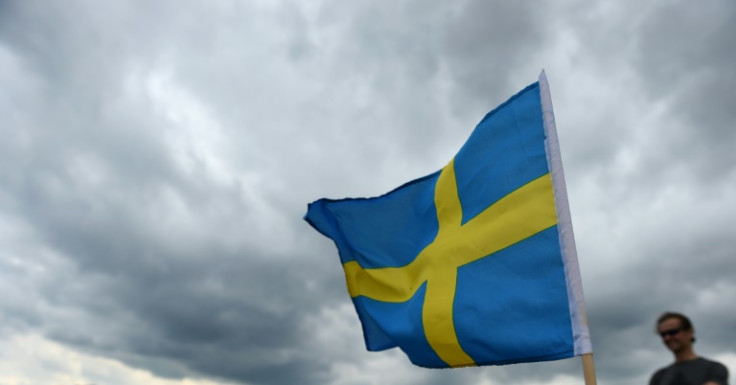Sweden Is Beginning To See The Dark Side Of Easy Asylum Policies

Once, Sweden was the world's envy for its economic and social model, which assured its people a safe, fair and comfortable life.
Nowadays, this model is at risk from the rise of gang violence, which has opened an intense debate over Sweden's easy asylum policies and ability to integrate asylum seekers into the society and economy.
Asylum policies have a bright side and a dark side. The bright side is about humanism, providing a home to people escaping persecution, violence and rights abuses in their homeland. If done correctly, asylum seekers get successfully integrated into the economy, and these policies can turn them into an asset. Asylum seekers can help foster entrepreneurship, expand the workforce and boost the local economy. In addition, asylum people can bring new ideas, traditions and talents that revitalize the local economy.
The dark side is about the problems asylum seekers could create for their home country. If these policies are incorrect and the home country fails to integrate asylum seekers into the economy and society. These problems range from political polarization to security and outright violence, as has been the case in Sweden lately.
"Much of the almost daily unprecedented wave of shootings, bombings and other violence is linked to very liberal immigration policies by Sweden, which made it a welcome haven for asylum seekers at the peak of the Syrian refugee crisis but also in later years," Irina Tsukerman, a human rights and national security lawyer based in New York and a fellow at the Arabian Peninsula Institute, told International Business Times. "Over a dozen people died from these attacks in the past month."
Then there's Sweden's failure to integrate asylum seekers into its economy and society, creating a tale of two worlds. "Over the past two decades, scores of migrants entered Sweden and reportedly created parallel societies and built-up numerous identity-oriented gangs," Tsukerman said. "Some cities have reportedly become no-go zones even for law enforcement."
And there's the failure of the Swedish government, which has so far yet to secure law and order and end the spreading of violent activity by these groups beyond significant cities. "Lax enforcement and light sentencing have created double standards for the ethnic Swedes and migrant organized crime practitioners who appear to be free from the burden of accountability for violating laws and threatening anyone who disagrees with their cultural norms," Tsukerman continued.
Striking a balance between the bright and dark sides of asylum policies is difficult. It requires meticulous planning and effective execution to pursue the best results for asylum seekers and host countries. Sweden has not been able to do it since 2015 because it has yet to have a system in place to adjust to the growing numbers of foreigners.
"Culturally, Sweden is a homogeneous society where conformity to social norms is quite important," Tsukerman added. "The cultural clash resulting from the encounter, even with the law-abiding migrants, has been quite significant. It was taken for granted and expected that they would naturally adjust to their new country and follow the general code of behavior."
Meanwhile, Tsukerman is skeptical about the ability of the current government to end gang violence. "Previous Swedish governments have swept the compounding problems under the rug for fear of being accused of bigotry," she added. "Whether reforming immigration laws now will make much of a difference given that even the second-generation immigrants are contributing to the violence remains to be seen."
© Copyright IBTimes 2024. All rights reserved.




















